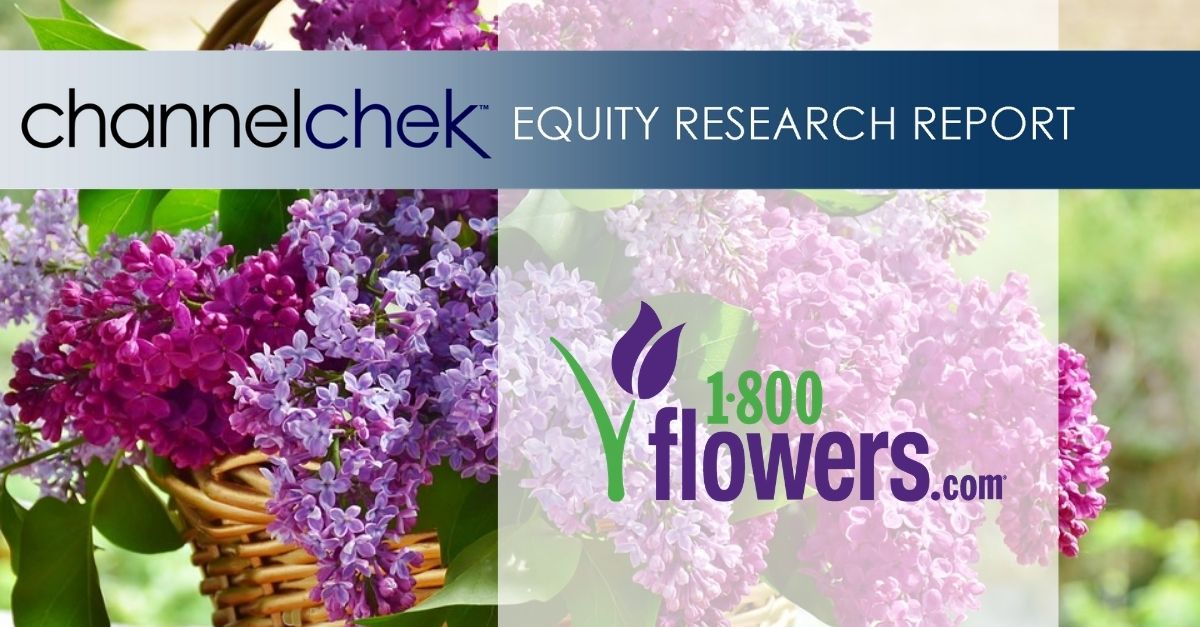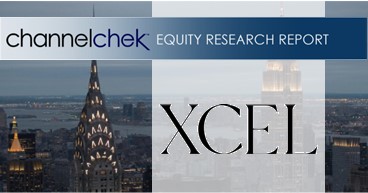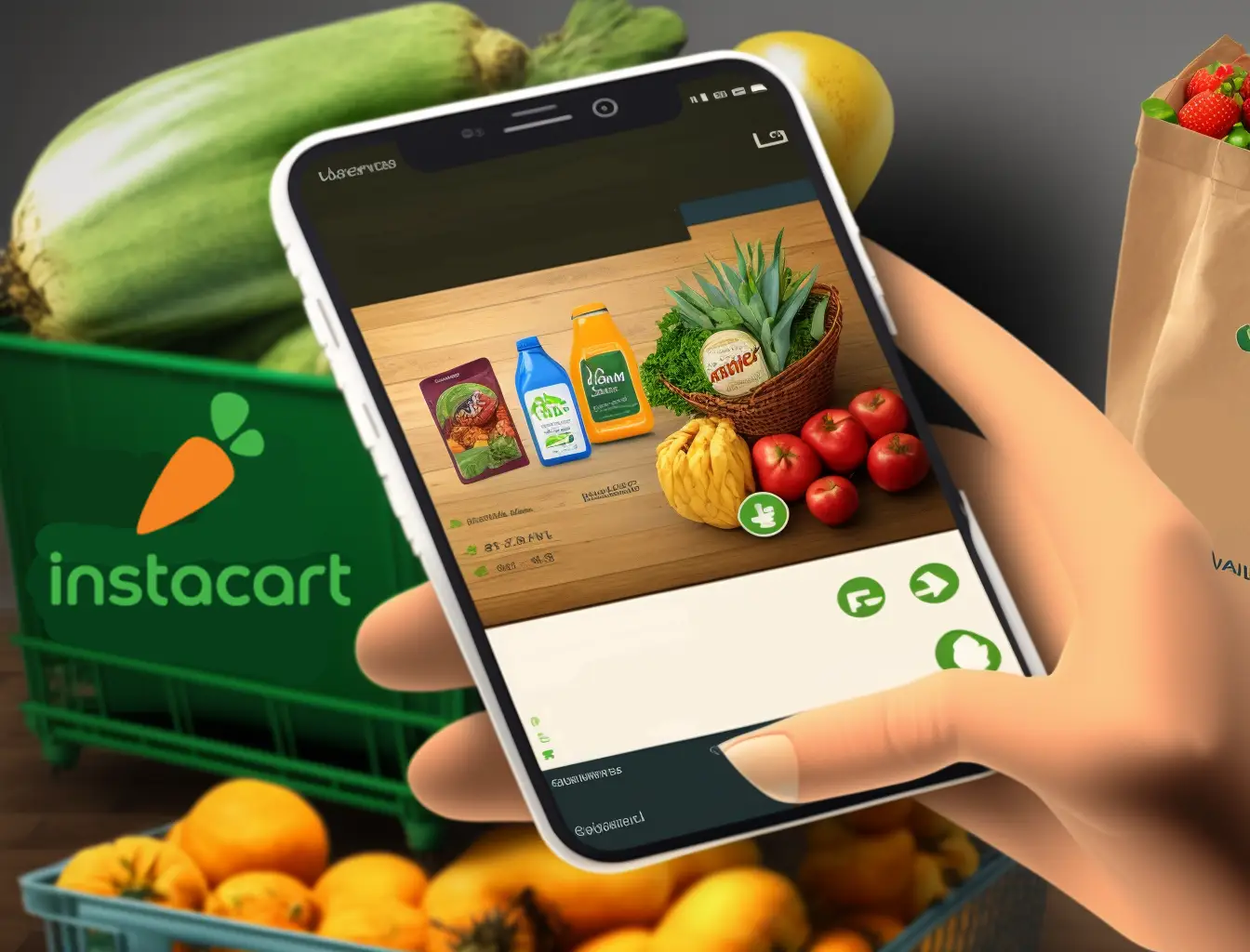
Friday, January 30, 2026
For more than 45 years, 1-800-Flowers.com has offered truly original floral arrangements, plants and unique gifts to celebrate birthdays, anniversaries, everyday occasions, and seasonal holidays, and to deliver comfort during times of grief. Backed by a caring team obsessed with service, 1-800-Flowers.com provides customers thoughtful ways to express themselves and connect with the most important people in their lives. 1-800-Flowers.com is part of the 1-800-FLOWERS.COM, Inc. family of brands. Shares in 1-800-FLOWERS.COM, Inc. are traded on the NASDAQ Global Select Market, ticker symbol: FLWS.
Michael Kupinski, Director of Research, Equity Research Analyst, Digital, Media & Technology , Noble Capital Markets, Inc.
Jacob Mutchler, Research Associate, Noble Capital Markets, Inc.
Refer to the full report for the price target, fundamental analysis, and rating.
Difficult quarter. Fiscal Q2 revenue of $702.2 million declined by a disappointing 9.5%, but was in line with our conservative estimate of $702.0 million. Adj. EBITDA was $98.1 million, beating our estimate of $89.5 million by 9.6%. In our view, the results reflect the company’s initiative to focus on efficient use of marketing spend.
Cost actions are working, but benefits are not fully visible yet. Operating expenses declined meaningfully year over year, and the company has already achieved approximately $15 million in annualized run-rate cost savings. However, temporary consulting and incentive compensation costs related to the transformation are delaying the full earnings benefit. As these costs roll off, underlying profitability should improve.
Get the Full Report
Equity Research is available at no cost to Registered users of Channelchek. Not a Member? Click ‘Join’ to join the Channelchek Community. There is no cost to register, and we never collect credit card information.
This Company Sponsored Research is provided by Noble Capital Markets, Inc., a FINRA and S.E.C. registered broker-dealer (B/D).
*Analyst certification and important disclosures included in the full report. NOTE: investment decisions should not be based upon the content of this research summary. Proper due diligence is required before making any investment decision.





